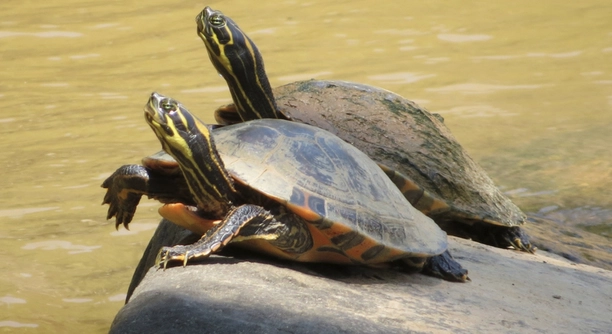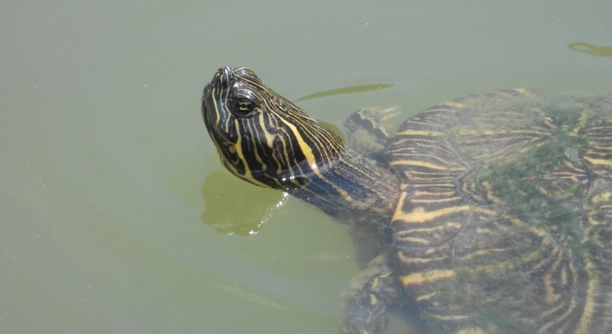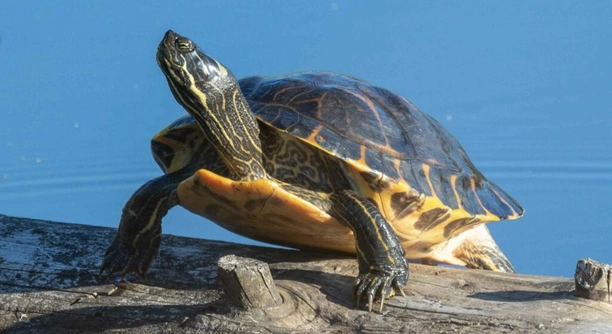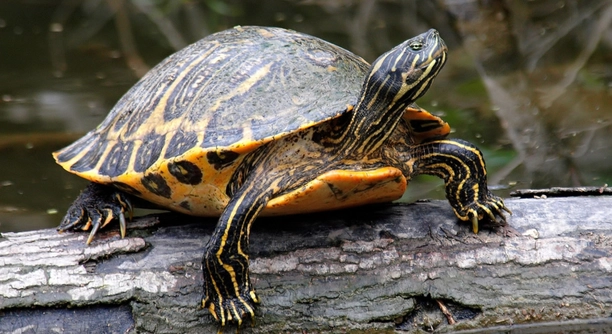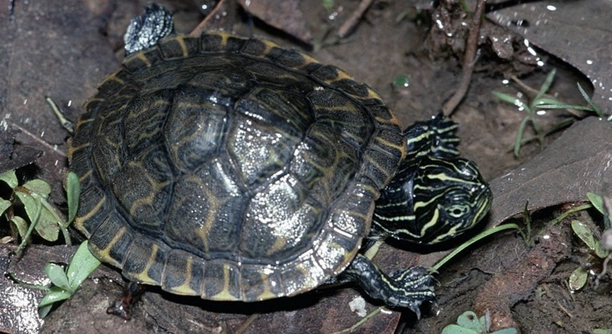Why Is My Cooter Turtle Always Scratching Its Head? (7 Reasons)
Sometimes, turtles scratch their heads for reasons that go beyond simple behavior. This can be a sign of several underlying causes that require attention to ensure your cooter turtle stays healthy. Head scratching in turtles is often caused by skin irritation, infections, or parasites. Other reasons may include stress, poor diet, or environmental factors like … Read more

